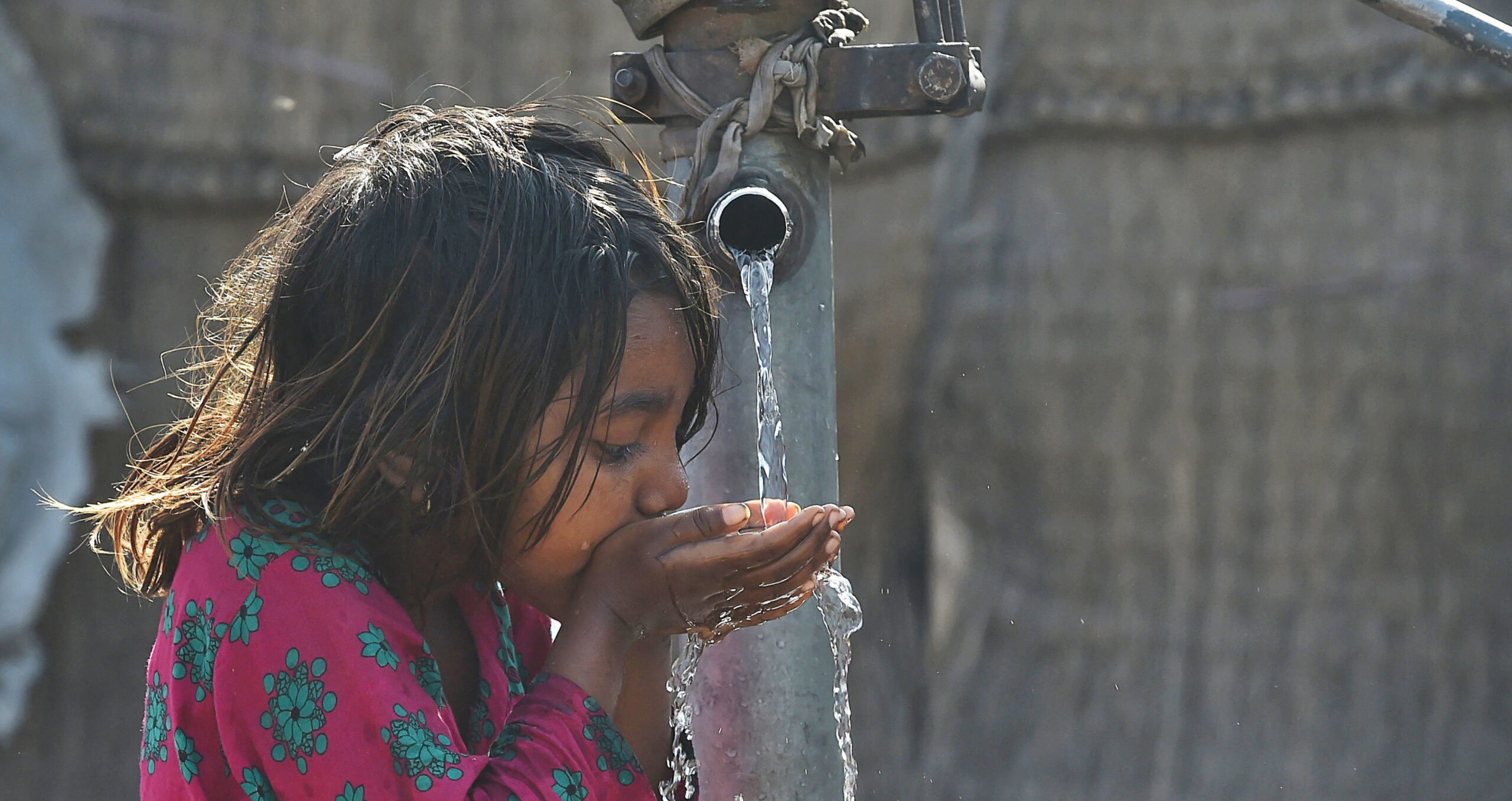

It was World Water Day on March 22, and the series of reports published to mark the occasion are relevant both to policymakers and to businesses and investors, with one in particular calling for the phasing out of $700bn worth of agricultural subsidies.
The ultimate goal of the World Water Day is to raise awareness of the 2bn people living without access to safe water, and point to the growing water-related risks globally.
The UN held the 2023 Water Conference between March 22 and March 24, during which it presented the “2023 UN world water development report”. It highlighted that water demand in urban areas is expected to rise by 80 per cent by 2050, as competition for freshwater increases between urban and agricultural areas.
Projections in the report show that water scarcity among the world’s city dwellers will double from 930mn in 2016 to roughly 2.4bn people in 2050. The clear message from the report is that the world is “not on track to achieving Sustainable Development Goal 6 on water and sanitation for all”, and that greater co-operation among water, sanitation and broader “development” communities is needed to accelerate progress.
Another report published on March 16, entitled “Turning the tide: A call to collective action”, written by the Global Commission on the Economics of Water, echoes the need for collective action. Co-authored by Mariana Mazzucato and Ngozi Okonjo-Iweala, among others, the report outlines the policy reforms that need to be implemented in order to manage the water crisis that the world is headed towards. It calls on policymakers to phase out $700bn of subsidies in agriculture and water each year, which tend to generate excessive water consumption and other environmentally damaging practices.
The report adds that “trade policy must be used as a tool for more sustainable use of water, by incorporating water conservation standards in trade agreements, highlighting wasteful water subsidies and ensuring that trade policies do not exacerbate water scarcity in water-stressed regions”.
Read the UN’s report here
Read “Turning the tide: A call to collective action” here
Similar Articles

Opponents of mandatory Scope 3 reporting are ‘confusing the symptom for the cause’

Supply chain constraints and skills shortages threaten UK’s renewable energy targets


